Meet Patrick Star. He just started his first job at a growing tech company. The team is talented, but something feels off — low morale, unclear roles, and constant burnout.
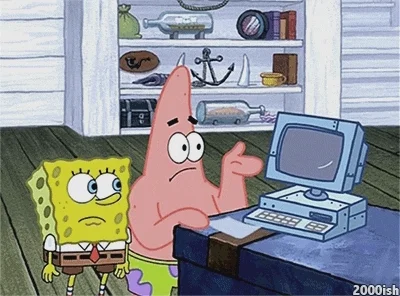
He wonders: Who helps fix this kind of thing? This is where an industrial-organizational (I-O) psychologist comes in.
If you want to learn how to build inspiring, productive, and fulfilling workplaces, this might be just the path for you.
What is I-O psychology?
I-O psychology is a branch of applied psychology that studies employees, workplaces, and organizational systems.
It's an interdisciplinary field that combines psychology with areas like business, education, and cross-cultural studies.
 Photo by Arlington Research on Unsplash
Photo by Arlington Research on UnsplashIt's recognized as one of the Specialties in Psychology by the American Psychological Association (APA).
I-O psychologists study employees, workplaces, and organizational systems.
What does an I-O psychologist do?
In 2025, Gallup revealed that 79% of U.S. workers feel detached from their jobs.

Imagine a company where employees:
Constantly miscommunicate
Burn out quickly
Feel lonely or isolated at work
Struggle with unclear expectations
Suffer from poor management
Now imagine someone steps in to:
Improve team dynamics
Design fair hiring processes
Strengthen training programs
Boost employee well-being
Better organize systems
This could include:
Researching and analyzing employee behavior and cognition.
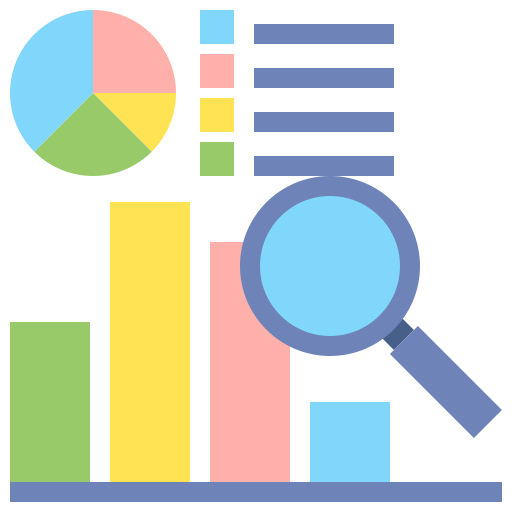
Designing better hiring, training, and leadership systems.
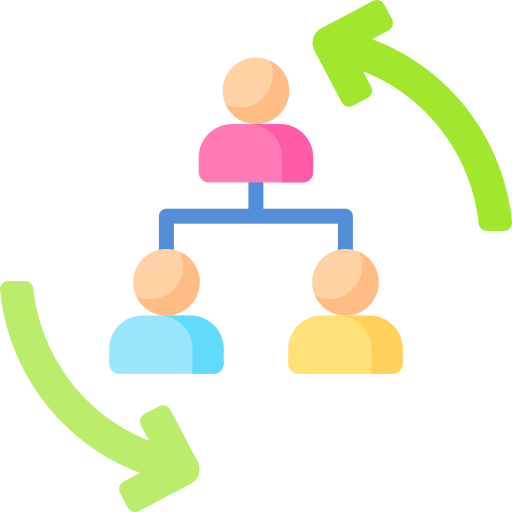
Developing policies to improve company productivity, efficiency, and workplace safety.
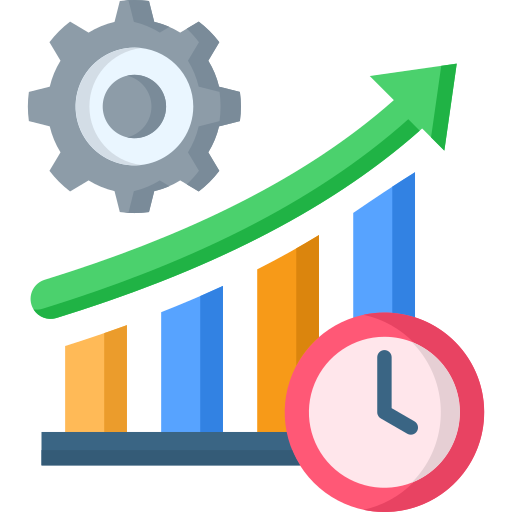
Check out this Indeed article for more info: What Does an Industrial-Organizational Psychologist Do?
Quiz
Which of the following would an industrial-organizational (I-O) psychologist do?
Is I-O psychology right for me?
Take a moment to reflect:
Do I enjoy understanding how people work together?
Am I curious about improving workplace culture and systems?
Am I open to studying psychology and research methods?
Do I have a mindset for learning new things across different fields?
If you said yes to most, I-O psychology might be a great choice for you!
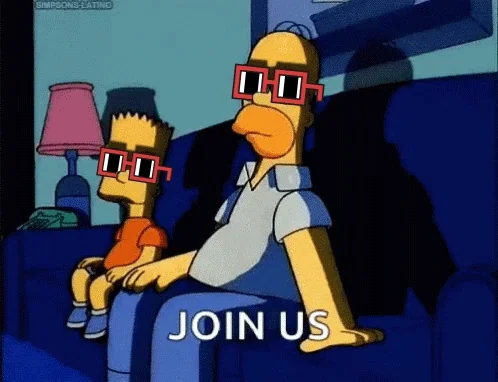
What does studying I-O psychology Involve?
What do typical I-O psychology courses look like?
Many universities offer dedicated programs in I-O psychology. Core courses typically include:
social psychology

cognition/cognitive psychology
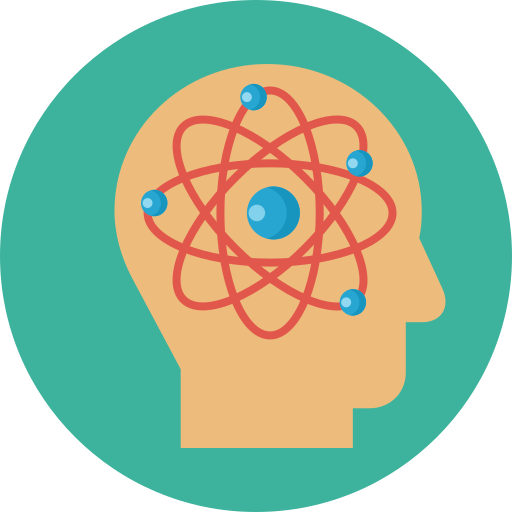
statistics

marketing
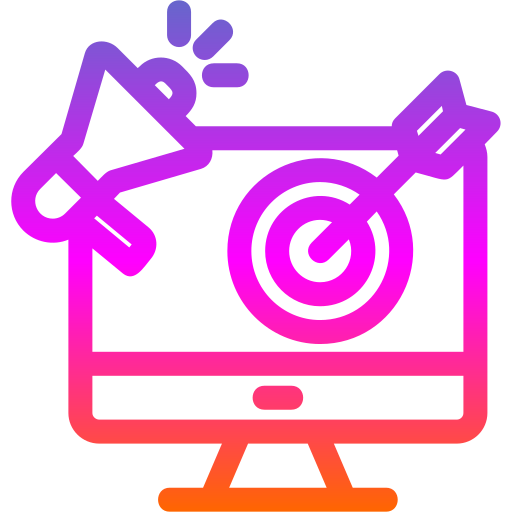
For example, programs like the University of Minnesota includes courses on:
Psychology of Organizational Training and Development
Personnel Psychology
Psychological Measurements: Theory and Methods
Analysis of Psychological Data
Organizational Psychology
Research Methods in I-O Psychology
What does a typical course design look like?
I-O psychology offers a variety of learning and assessment formats. A typical 4- or 5-year program is designed as follows:
To hear an audio description of the above graphic, click play on the audio player below.
Practice is always different from what’s on paper.
All through the program, you’ll have plenty of chances to dive into research and hands-on internships.
To hear an audio description of the above graphic, click play on the audio player below.
These tasks may look challenging. They call for strong curiosity, patience, resilience under pressure, and excellent communication skills. But they also open the door to incredible opportunities!
Why can’t I find I-O psychology as my major?
You might be eager to choose a course in I-O psychology…but if you’re an undergraduate student, you probably won’t find it on the course list.
 Most universities don't offer dedicated undergraduate programs in I-O psychology.
Most universities don't offer dedicated undergraduate programs in I-O psychology.
The typical path to studying I-O psychology includes an undergraduate degree in psychology, through which you'll be exposed to many of the core I-O topics.
Most I-O psychology grad programs look for a psychology background. If you studied psychology or a related field, you’re already on the right track!
Some popular graduate programs include:
Most master’s and doctoral programs in I-O psychology range from 2 to 5 years in length.
Type “I-O psychology" into a search engine, browse the official websites that offer these programs, and feel free to explore!
Where can I-O psychology take me?
Industrial-organizational psychology opens doors to meaningful careers across industries. Whether you love data, people, or strategy — there’s a path for you.
Career examples: 💼
Talent development specialist: designs programs to grow employee skills.
Organizational consultant: advises on workplace structure and strategy.
HR analyst: uses data to improve HR decisions.
Workplace wellness coordinator: promotes employee health and well-being.
Diversity & inclusion advisor: builds inclusive and equitable work environments.
Academic researcher or professor: studies and teaches psychological principles.
What you could earn: 💵
In 2025, I-O psychologists in the U.S. earn around $109,000 to $128,000 a year. The exact amount depends on where they work, their education level, and experience.
 Photo by Christina @ wocintechchat.com on Unsplash
Photo by Christina @ wocintechchat.com on UnsplashTake Action
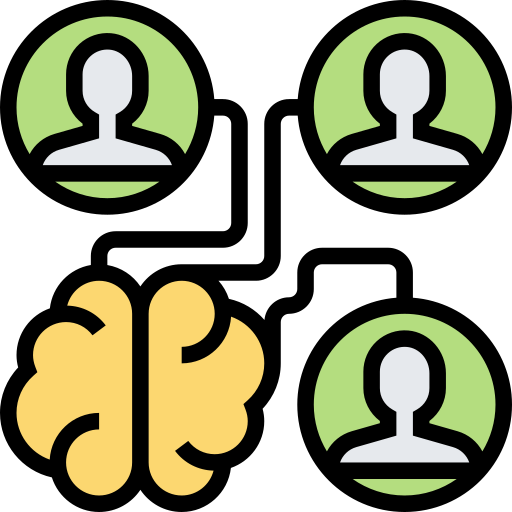
Now that you’ve explored the basics of I-O psychology, you're one step closer to deciding whether this path is right for you!
Your feedback matters to us.
This Byte helped me better understand the topic.
